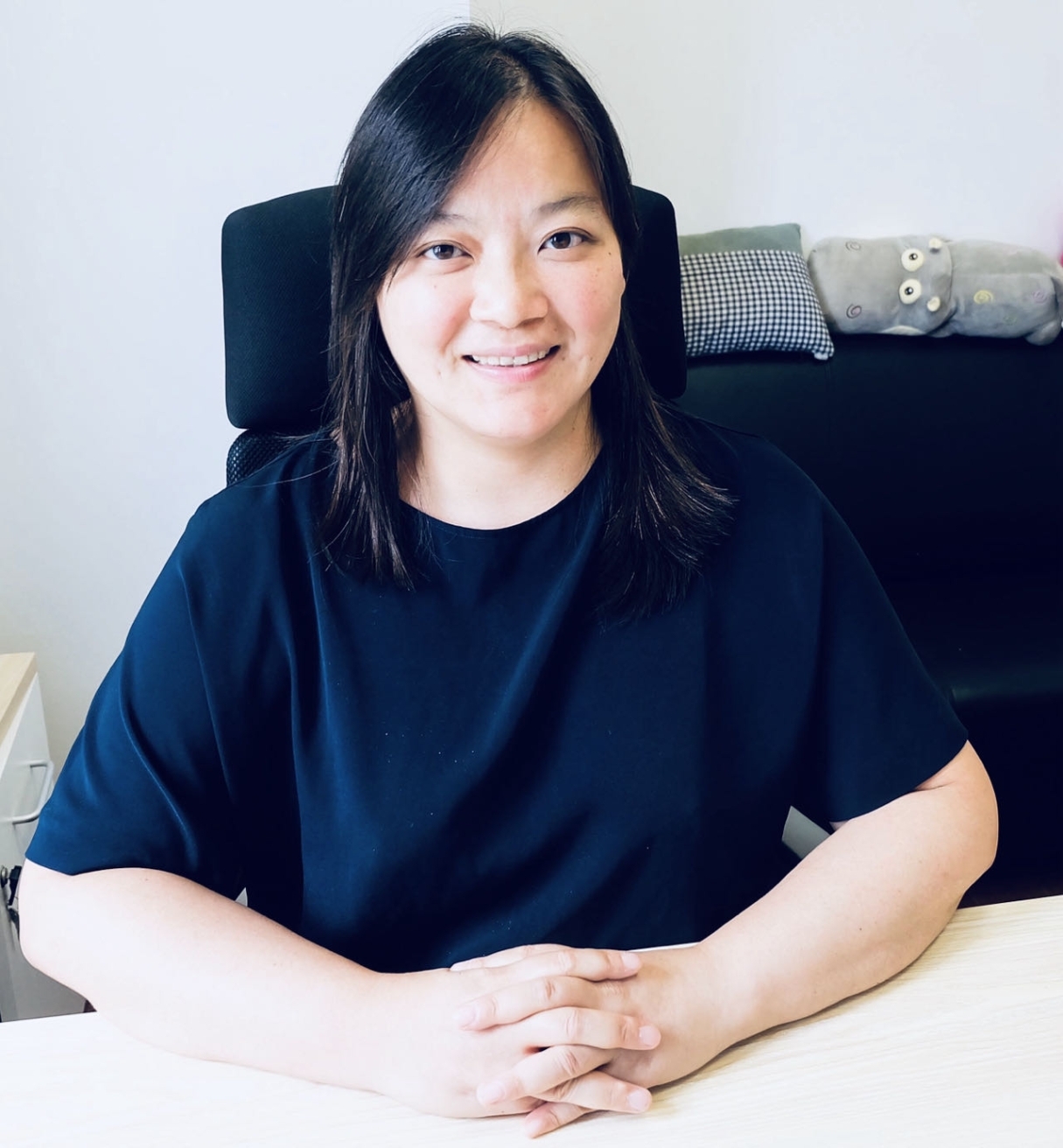Margaret S. Ho Associate Professor
- E-mail: margaret.ho@nycu.edu.tw
- TEL(office):+886-2-2826-7998
- TEL(Lab): +886-2-2826-6099
- FAX: +886-2-2820-0259
- Laboratory of NeuroGlia: https://cerise-wombat-l2qvgf.mystrikingly.com/
- CV
- CV


2003, Ph.D., Molecular and Cellular Biology, Harvard University, Cambridge, Massachusetts, USA
1999, B.A., Molecular Biology and Biochemistry, University of California at Berkeley, Berkeley, California, USA
2024, Associate Professor, Institute of Neuroscience, National Yang Ming Chiao Tung University, Taipei, Taiwan
2017-2023, Associate Professor, School of Life Sciences and Technology, ShanghaiTech University, Shanghai, China (Tenured since 2022)
2010-2017, Professor/Distinguished Research Fellow, School of Medicine, Tongji University, Shanghai, China
2003-2010, Postdoctoral Fellow, Institute of Molecular Biology, Academia Sinica, Taipei, Taiwan
1999, Research Assistant, Dr. Gregory Verdine’s laboratory, Department of Chemistry and Chemical Biology, Harvard University, Cambridge, USA
2030 Cross-generation International Outstanding Young Scholar, NSTC
EditorialsReviews, Chapters, and Books
Neuroglia
Neurodegenerative Diseases
Behavioral and Emotional Circuits
Our overall research objective is to understand the function of the brain cells “glia” under normal and pathological conditions. As the most abundant cell types in the nervous system, glia participate in virtually all aspects of brain function. Dysfunction in glial cells causes serious and significant pathology that leads to multiple brain diseases. The laboratory has made unique contribution to this field, including: 1)
elucidated the mechanism of ubiquitination proteasome system (UPS) in regulating
gliogenesis (PNAS 2009, Sci Rep 2017), neural stem cell differentiation (PNAS 2021), and synaptic pruning/neuronal remodeling (JGG 2017, Front Mol Neurosci 2021); 2) established an in-vivo fly Parkinson’s disease (PD) model for rapid screening of novel pathological regulators and new PD risk factors (Cell Rep 2017 and JOVE 2017); 3) identified a new factor in glial autophagy (PNAS 2023 and Autophagy 2023); 4) unraveled the mechanism of lysosome-related function under pathological conditions (Sci Adv 2020, Cell Res 2021, Traffic 2022, bioRxiv 2021). These achievements are summarized below.

Summary of research achievements by the Ho laboratory.
The current research directions include:

Future directions on Glia.

教學及研究本著希望啟發及培育下一代神經科學人才,
將來對了解人類心理狀態、行為的根源及治療神經系統
的疾病有所貢獻。
